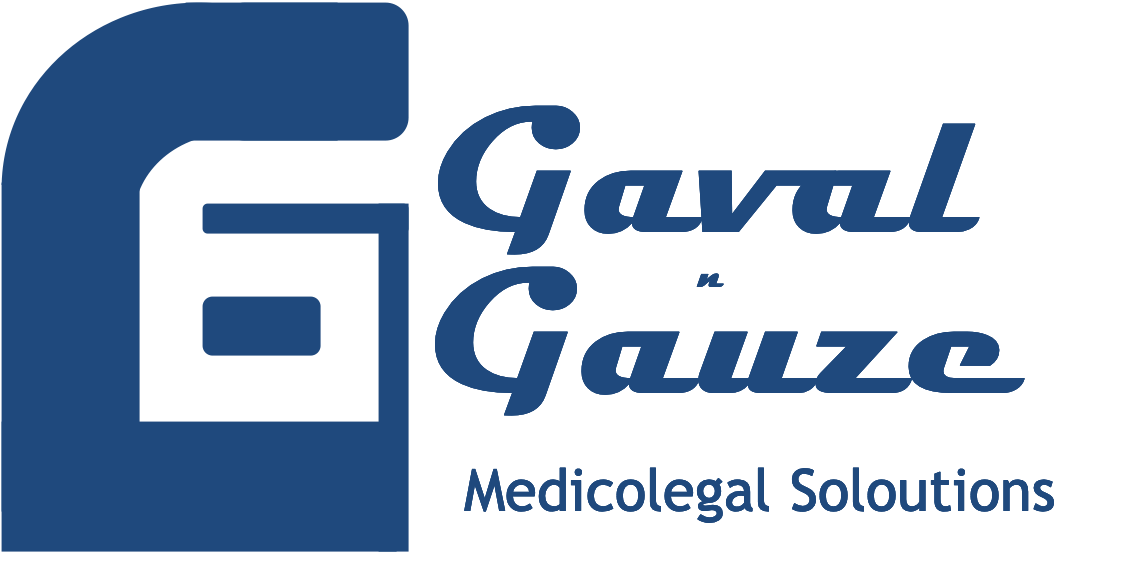Problems due to lack of forensic experts
Forensic experts are highly specialized professionals who play a critical role in the criminal justice system by providing expert opinions and evidence in cases involving injuries, deaths, and suspected or obvious crimes.
India, with its vast population and diverse legal system, faces a shortage of qualified forensic experts, leading to -
- Delays in Investigations: The shortage of forensic experts often leads to delays in conducting investigations. This is particularly problematic in cases where prompt action is crucial, such as homicides, sexual assaults, and accidents.
- Geographical Disparities: The distribution of forensic experts in India is not uniform. Major metropolitan areas may have more access to qualified forensic professionals and well-equipped labs, while rural and remote regions often suffer from a severe shortage. This creates disparities in the delivery of justice, as cases in remote areas may face longer delays or have limited access to forensic expertise.
- Quality of Analysis: With a limited number of experts handling a large caseload, there is a risk that the quality of forensic analysis may be compromised. Rushed or overworked forensic experts may not have adequate time to thoroughly examine evidence or provide detailed reports.
- Loss of Evidence: Delays in investigations and backlogs can result in the loss or deterioration of crucial evidence, making it difficult to establish the facts of a case accurately.
- Impact on Justice: The shortage of qualified forensic experts can directly impact the delivery of justice. In criminal cases, the timely and accurate analysis of forensic evidence is essential for establishing guilt or innocence. Delays or errors in forensic analysis can result in wrongful convictions or the acquittal of guilty individuals
- Interdisciplinary Collaboration: Collaboration between forensic experts, law enforcement agencies, and the legal system is essential. Effective communication and coordination can help optimize the use of available resources and ensure that forensic expertise is applied where it is most needed.
- Inadequate Training for Non-Forensic Physicians: Physicians and doctors from other medical disciplines often lack the specialized training required for forensic examinations. Attempting to perform forensic examinations without proper training can lead to inaccuracies and compromised evidence.
- Lack of Confidence in Diagnosis: Non-forensic doctors may lack the confidence and expertise to diagnose injuries or conditions that require forensic examination, potentially leading to missed evidence or incorrect conclusions in medicolegal cases.
- Navigating Legal Intricacies: Proper forensic examinations require a deep understanding of legal intricacies, such as the admissibility of evidence in court, the chain of custody, and compliance with legal protocols. Lack of expertise in these areas can undermine the validity of forensic findings.
- Awareness of Legal Changes: Forensic experts need to stay updated on changes in laws and amendments that may affect their practices. Failure to stay informed can lead to errors in procedure and interpretation.
- Deposition of Evidence in Court: Expert witnesses are often required to present their findings in court. Forensic experts are trained to effectively communicate complex medical information to judges and juries. Lack of expertise in this area can impact the effectiveness of expert testimony.
- Legal Troubles: Inaccurate or unprofessional forensic examinations can lead to legal troubles for doctors, hospitals, and even patients. If there is a substantial disparity between examination findings and the actual scenario, it can raise questions about the credibility of the medical professionals involved.
- Quality Control: Forensic science relies on rigorous quality control measures to maintain the integrity of evidence and findings. Without adequate forensic experts, ensuring these quality standards becomes challenging.
- Preventing Wrongful Convictions or Acquittals: Incorrect or inadequate forensic examinations can lead to wrongful convictions of innocent individuals or the acquittal of guilty parties, undermining the justice system's reliability.
- Wastage of Time and Resources: When non-forensic doctors attempt to perform forensic examinations, it can result in a significant waste of time, money, and hospital resources. This not only strains the healthcare system but also hinders timely investigations and justice delivery.
